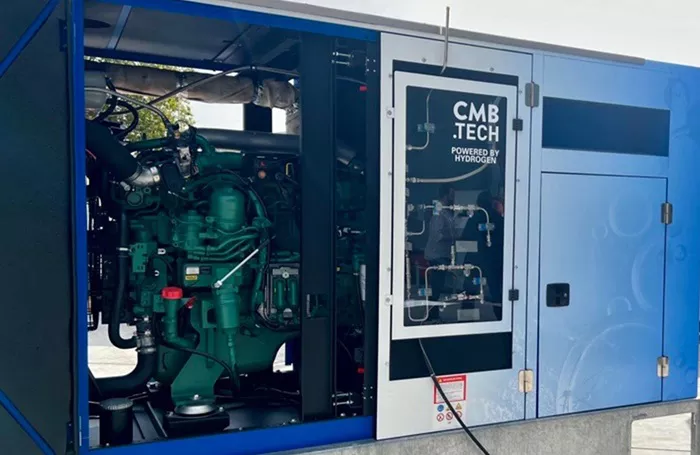In recent years, off – grid solar generators have gained significant attention as a sustainable and independent power solution. But are they truly as advantageous as they seem? Let’s delve into a comprehensive evaluation.
The Appeal of Off – Grid Solar Generators
Energy Independence
One of the most alluring aspects of an off – grid solar generator is the promise of energy independence. By harnessing the sun’s energy, users can generate and store electricity without relying on the traditional power grid. This is especially valuable in remote areas where grid connection is either unavailable or unreliable. For instance, those living in isolated cabins in the mountains or on small islands can enjoy a stable power supply, running essential appliances like refrigerators, lights, and even small heating or cooling systems.
Environmental Friendliness
Off – grid solar generators are a boon for the environment. Solar energy is a clean and renewable resource, producing zero emissions during operation. In contrast to fossil – fuel – powered generators that release pollutants such as carbon dioxide, sulfur dioxide, and particulate matter, solar generators contribute to a cleaner atmosphere. This makes them an ideal choice for eco – conscious individuals who want to reduce their carbon footprint and play a part in combating climate change.
Cost – Efficiency in the Long Run
While the initial investment in an off – grid solar generator can be substantial, it often pays off in the long term. Since sunlight is free, there are no ongoing fuel costs as with gasoline or diesel generators. Additionally, over time, the savings on electricity bills (for those who would otherwise rely on the grid) can offset the upfront cost. For example, a household that regularly uses a significant amount of electricity can see significant savings over a few years of using an off – grid solar generator.
The Downsides to Consider
High Initial Investment
The upfront cost of an off – grid solar generator system is relatively high. A complete system typically includes solar panels, a battery bank, a charge controller, and an inverter. High – quality solar panels, especially those with high efficiency ratings, can be expensive. Similarly, durable and high – capacity batteries, which are crucial for storing energy for use during non – sunny periods, contribute significantly to the cost. This initial outlay can be a deterrent for many potential users, especially those on a tight budget.
Weather Dependency
Off – grid solar generators are highly dependent on weather conditions. Cloudy days, rain, snow, or even excessive humidity can reduce the efficiency of solar panels, leading to decreased power generation. In regions with frequent overcast weather or long winters with limited sunlight, the generator may not be able to meet the full power demands consistently. For example, during a week – long period of heavy rain, the solar panels may generate very little electricity, forcing users to rely on backup power sources or limit their power consumption.
Maintenance Requirements
Maintaining an off – grid solar generator system requires some effort. The solar panels need to be regularly cleaned to ensure maximum sunlight absorption. Dust, dirt, and debris can accumulate on the panels over time, reducing their efficiency. Additionally, the battery bank requires periodic maintenance, such as checking the electrolyte levels (for lead – acid batteries) and monitoring for signs of wear and tear. Over time, batteries may need to be replaced, which adds to the overall cost and maintenance burden.
Conclusion
An off – grid solar generator offers a host of benefits, including energy independence, environmental friendliness, and long – term cost – savings. However, it also comes with its fair share of challenges, such as a high initial investment, weather dependency, and maintenance requirements. Whether an off – grid solar generator is worth it depends on individual circumstances. If you live in a sunny region, have the financial means for the initial investment, and value energy independence and environmental sustainability, an off – grid solar generator could be an excellent choice. But if you are on a tight budget, live in an area with unpredictable weather, or prefer a low – maintenance power solution, you may need to carefully weigh the pros and cons or consider alternative power options.

